On November 25, 1987, 35 years ago, two gliders took off from the Lebanon Valley towards Israel.
They were piloted by Khaled Muhammad Akra and Milad Bin Al-Najah, two terrorists from Ahmed Jibril's organization "The Popular Front for the Liberation of Palestine - General Headquarters".
IDF soldiers were able to shoot down one of the gliders near the village of Kfar Yuval, but the other glider slipped and managed to land near the Givor airstrip, near Kiryat Shmona, a few meters from a camp where the soldiers of the liaison company of the Nahal Brigade were located.
The terrorist first met the van of the late Lieutenant Liron Panini, who had come to visit a childhood friend. Panini was killed by the terrorist's barrage of gunfire, a female soldier who was next to him was slightly wounded. The terrorist continued towards the Nahal camp and at the gate he met the Sheg, Private Roni Almog, who escaped Instead of fighting back.
The late Liron Panini. "Longing does not go off the agenda",
Inside the compound, the terrorist took advantage of the surprise effect.
He shot, threw grenades and killed five other soldiers: Capt. Jacob Weir, Sergeant Daniel Miller, Corporal Niv Chazon, Corporal Guy Nathanel and Corporal Benjamin Besirtman, deceased.
The killing spree only stopped when Sergeant Gideon Bashari shot the terrorist to death.
"We didn't smear and we didn't hide anything"
In the history of the IDF, the Night of the Flashes is considered one of the most embarrassing events. Both because of the lack of preparation, despite the warning, also because of the heavy damage done by a single terrorist and also because of the fact that some of those involved, including officers, did not strive to make contact to neutralize the threat. Almog, the ShG, became to the symbol of "how a soldier must not conduct himself".
Prime Minister Shamir after the attack, photo: archive: Ayalon Maggi/L.A.M
"Who talked about suicide terrorists in those days," says Major General Matan Vilnai, who was appointed to investigate the incident.
"In the end, it was a lone terrorist who landed in the heart of enemy territory, with a dubious aircraft, and carried out the act alone. In our country, it is called the 'Shezh affair', which from a simple professional point of view, if he had been a bit more serious, he would have killed The terrorist and everything was over.
After all, he had advantages - he was in a position, with a weapon and surrounded by his friends.
"And yet, as an investigating officer, I made sure that all the commanders who were involved were brought to justice - we did not smear or hide anything. In the end, the one who did the job was a simple soldier who confronted the terrorist and killed him. He proved that this is the elementary thing that a soldier is required to do. The IDF was not shocked , but this is the kind of event where you ask 'how did this happen to us?'.
This is a moral injury to the army and its professional honor."
For years, the victims of the Night of the Glashonim and the bereaved families walked around feeling tormented.
The event was always mentioned alongside the IDF's major blunders. Dr. Yoram Rabovsky, 53 years old, is currently a political science lecturer.
He is the most severely injured from the incident, and to this day can barely see and has a disability of 100 percent plus.
Yoram Rabovsky
Carrying a severe disability from the incident, photo: Eyal Margolin / Gini
"At the beginning of each course, I tell the students that I am disabled in the IDF and do not mention the Night of the Glashonim.
"Five years ago, the commemoration was to mark the 30th anniversary of the event, and until then no one told the bereaved parents what really happened.
I had to stand on the stage and say that their sons were brave and they were all first class soldiers and not seventh class.
They came after me and didn't even know who I was.
When I said 'I am Yoram Rabovsky, the worst injured from the night of the Glashonim', they raised their heads and asked 'who, why and how?'
I don't live it anymore."
One of those still asking is Michal Shmueli, the sister of Niv Chazon, who was killed that night.
"During the Corona period, I looked for people who were there and interviewed them. Because before that, when we asked how Niv was killed, they said it was too difficult and didn't want to give details," she says.
"It turns out that when the shooting started, my brother moved toward the center of the encampment, where the weapon and belt were, and as soon as he came out, the terrorist shot him. He was on his way to do what was necessary. I don't know if I'm angry, but it hurts me that they didn't say who did what was assigned to him and who was killed and wounded was hero".
Niv Chazon Zal. "He was on his way to do what was necessary",
Rina, Niv's mother, passed away about a month ago, while Shmuel his father died about two years ago under tragic circumstances.
"My parents continued their lives and were a model and an example of how to live alongside grief, but his death always accompanied them," Michal says.
"My father left a letter, and among other things, he wrote in dialect. It probably tormented him in the nights when he didn't sleep."
The late Shmuel was quite involved in the incident, in contrast to Ruth Panini, Liron's mother, who chose to take a step aside. "It was a mistake," Ruth points out. "There was alertness throughout the north, so how is it possible that in Kiryat Shmona everything went on as usual?
It's a huge miss, but I didn't deal with it, because it doesn't add to health, and still the loss of my son doesn't drop from our agenda of feelings, longings, lack.
"Six months ago, three of my grandsons served at the same time in the army. On the one hand, I was happy for them that everyone found their place, on the other hand, there is an understanding that we cannot make plans."
"Severe punishment was needed"
Shaga Roni Almog was then sentenced by a military court to a year and a half of actual imprisonment. Col. (res.) Moshe Givati was a member of the military court and was in the minority opinion, when he thought the punishment was too light.
"Even today I think Almog should have received a more severe punishment," says Givati, now a historian.
"In my eyes, he is heartbroken because he was mainly concerned about his life, but 35 years later the main question that needs to be asked is what did we learn from that event? Are the soldiers more determined? Is the security of the IDF camps better?
And the answer is no.
Look at the theft of ammunition from IDF camps, and today what is worse is that the enemy is no longer coming from Lebanon, but is coming from within. What have we learned? Nothing."
were we wrong
We will fix it!
If you found an error in the article, we would appreciate it if you shared it with us

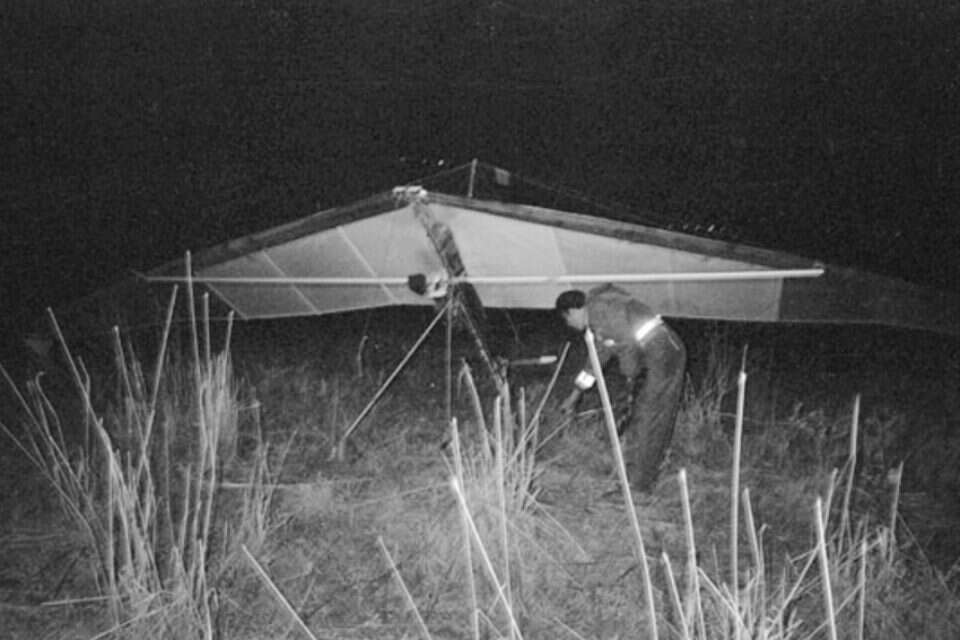
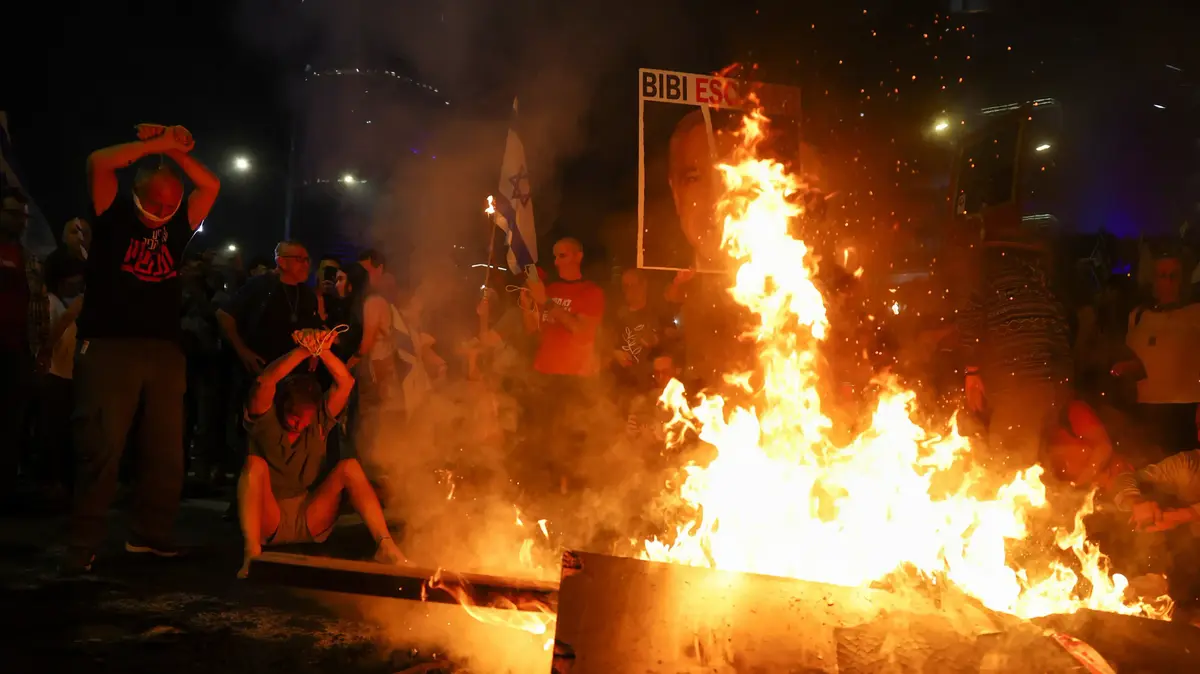
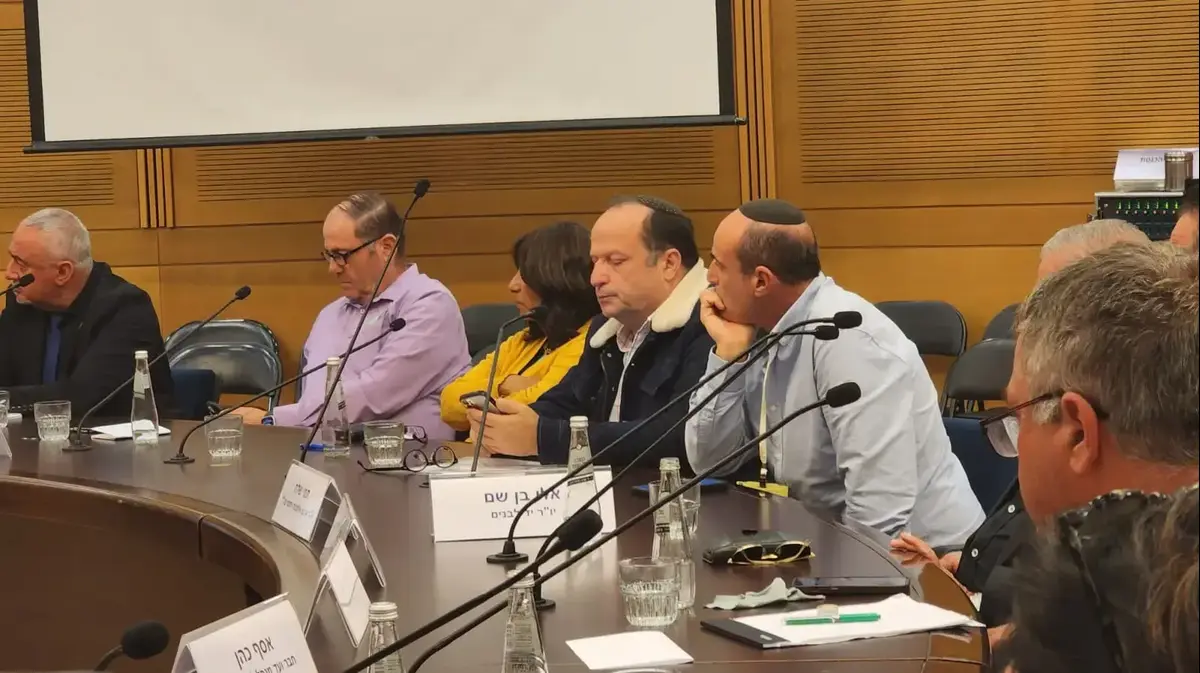
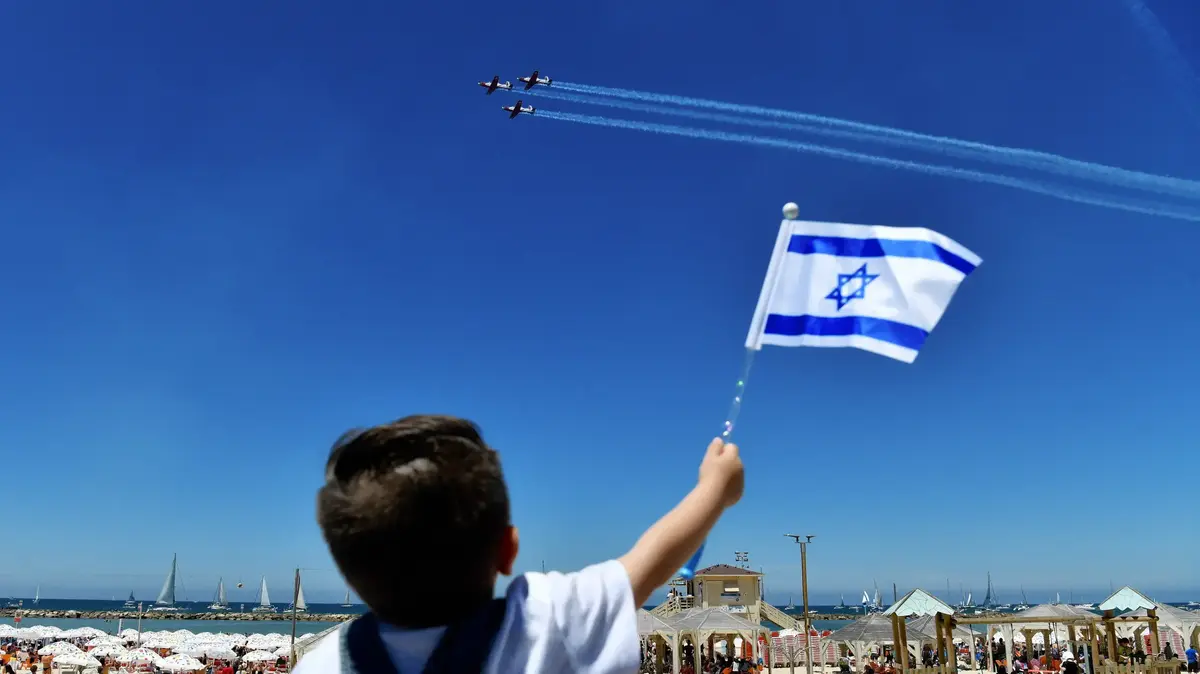
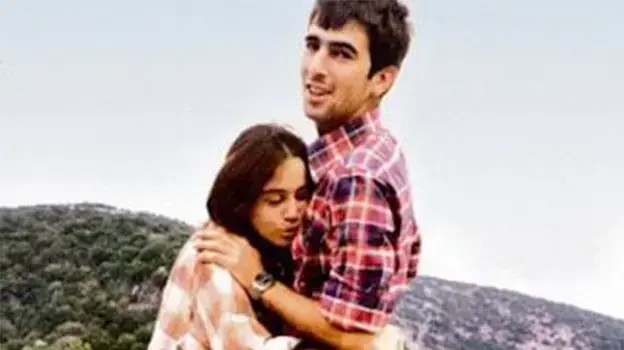
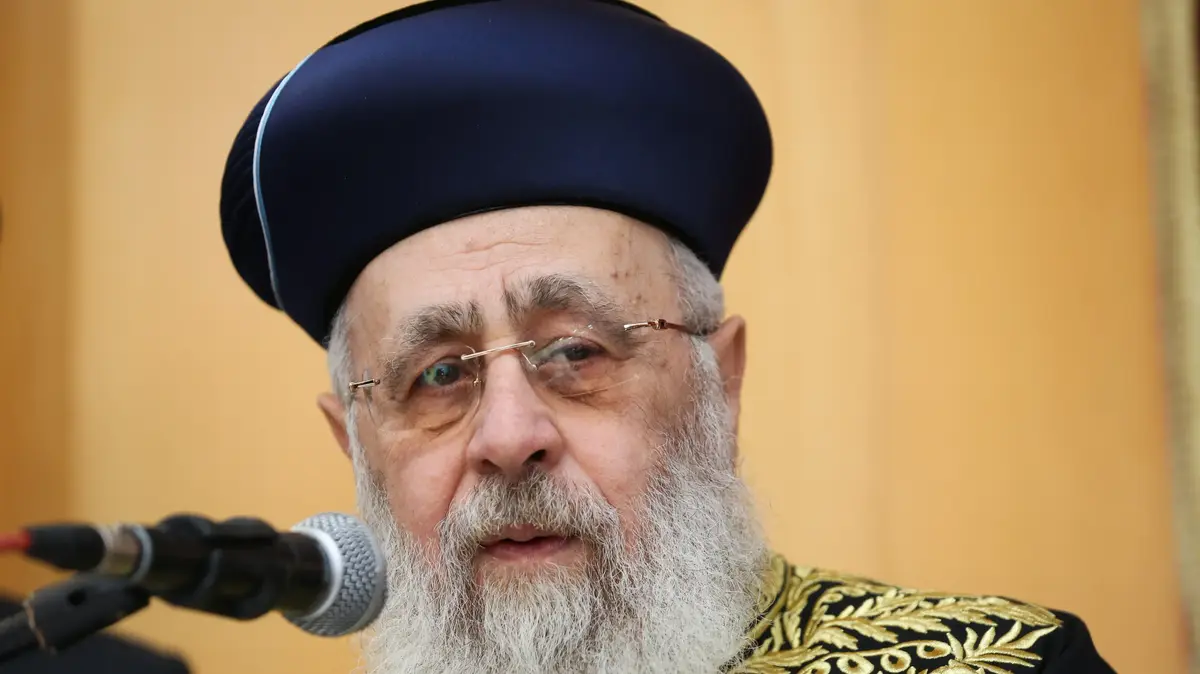
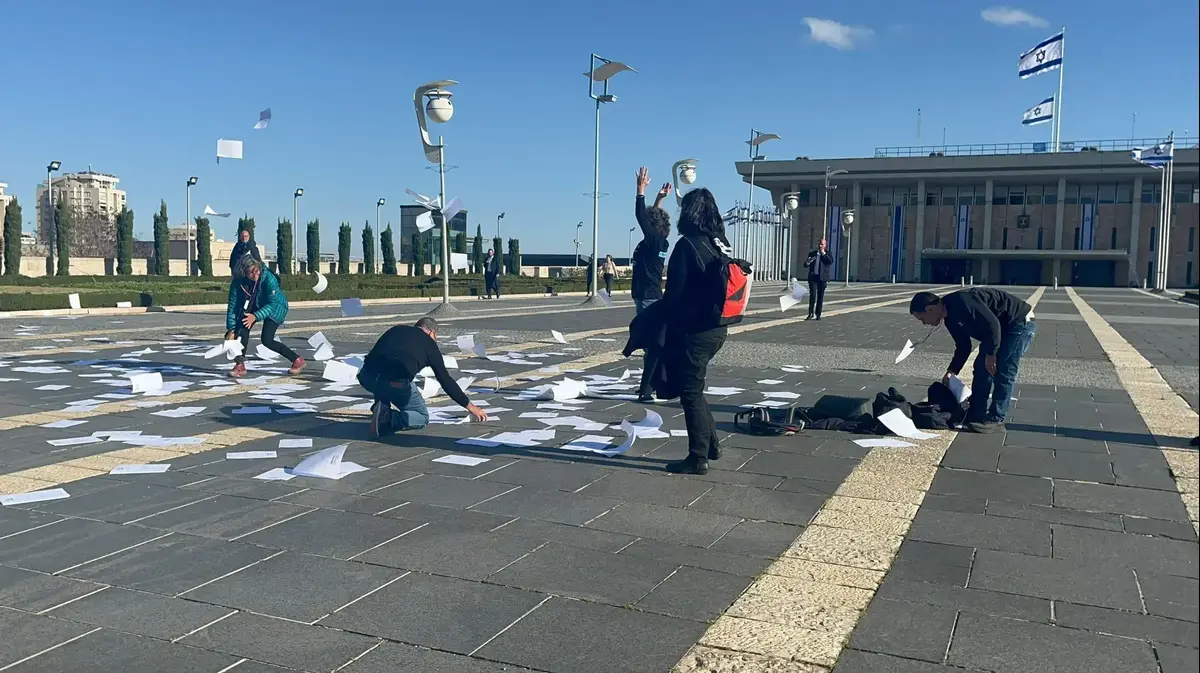
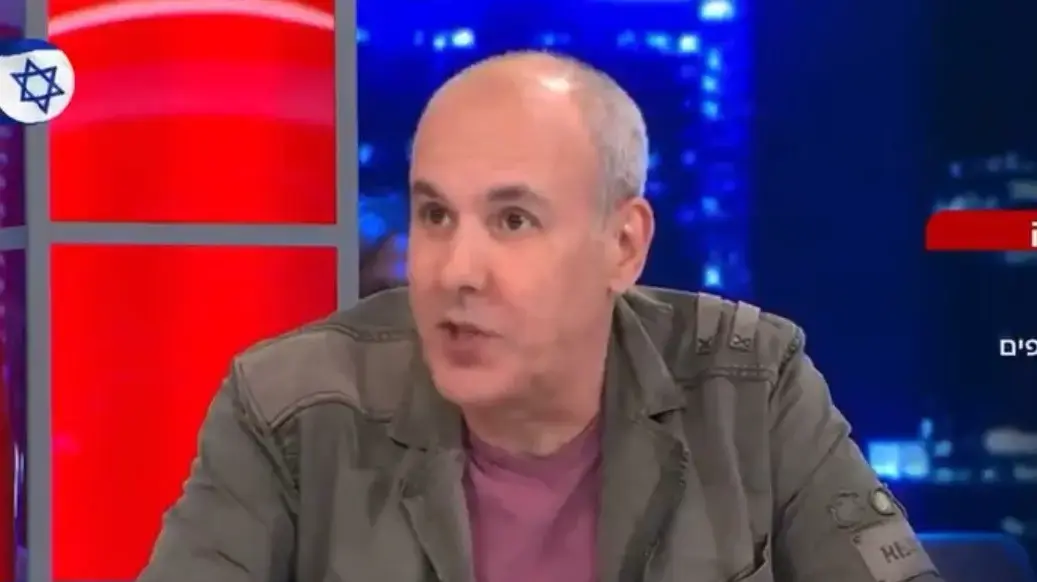
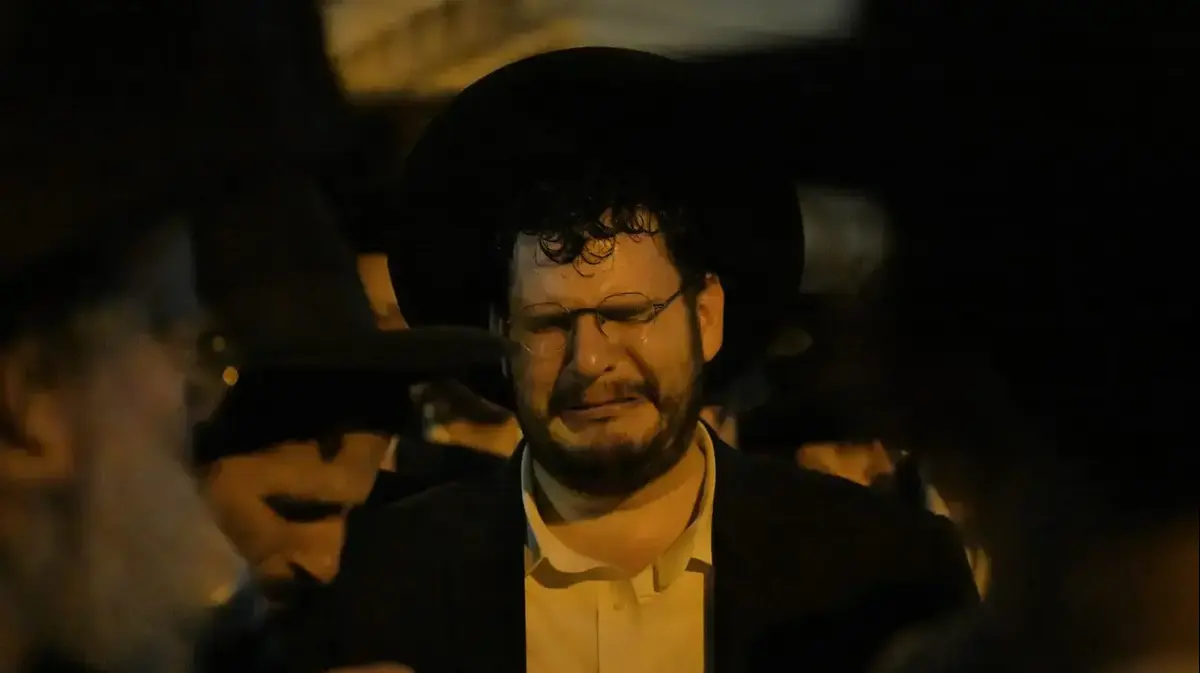


/cloudfront-eu-central-1.images.arcpublishing.com/prisa/KMEYMJKESBAZBE4MRBAM4TGHIQ.jpg)


